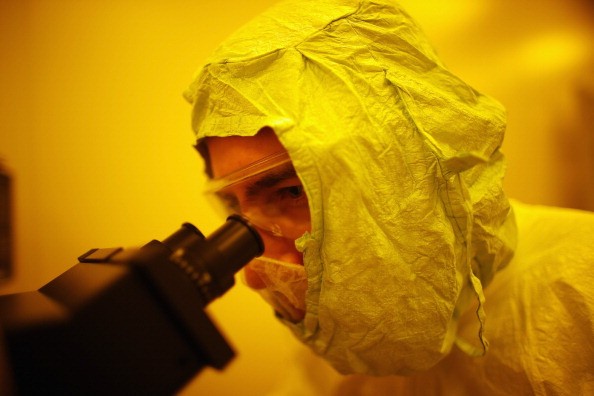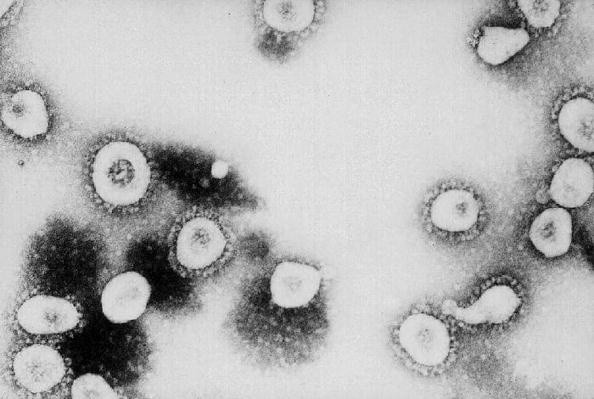A group of researchers created a new nanotech wound coating that could be efficient against antibiotic-resistant viruses and bacteria. Nanotech is really popular in sci-fi movies. But, unlike the one used by Iron Man, this innovation focuses on defeating deadly bacterial and fungal infections.

The nanotech's developers described their innovation as a new superbug-destroying coating that could be used on implants and wound dressings. They also claimed that this new material is one of the thinnest antimicrobial coatings right now.
"Recently, nanomaterials, including two-dimensional (2D) materials, have attracted scientific interest as potential antimicrobial agents," explained the scientists.
"Many of these studies, however, rely on the input of activation energy and lack real-world utility," added the involved experts.
How effective is the new nanotech coating?
The new study was conducted by various researchers and experts from RMIT Unversity in Australia. They claimed that if you apply the new nanotech coating, it can neutralize 99% of bacterial and fungal cells in the infected wound.

Ph.D. researcher Zo Shaw, the first author of the new study, tested the technology's effectiveness against five common bacteria strains. These include the drug-resistant MRSA, E.coli, as well as five types of fungus, such as Candida auris.
On the other hand, Dr. Aaron Elbourne, a Postdoctoral Fellow in the School of Science at RMIT, said that the new nanotech coating works by tearing bacteria and fungal cells apart, via Newswise's latest report.
The new study was published by the journal Biological and Medical Applications of Materials and Interfaces.
Can it help COVID-19 patients?
Although there's no confirmation yet if the new nanotech wound coating is also effective against the current coronavirus strains, experts claimed that it could still help COVID-19 patients.
They added that there is a common fungus called Aspergillus, which could threaten the lives of hospitalized COVID-19 patients. Researchers explained that this could happen since the fungus can cause deadly secondary infections.
For more news updates about the nanotech coating and other related technologies, always keep your tabs open here at TechTimes.
Read also: New Study Reveals Sunlight Now Neutralizes Coronavirus 8X Faster: Here's What Experts Discovered
This article is owned by TechTimes
Written by: Giuliano de Leon
ⓒ 2025 TECHTIMES.com All rights reserved. Do not reproduce without permission.




